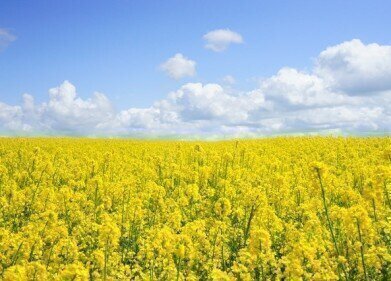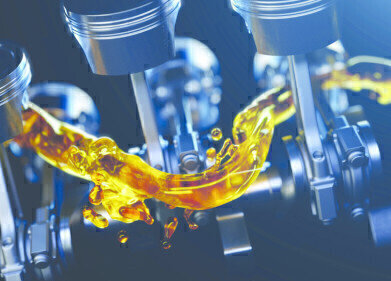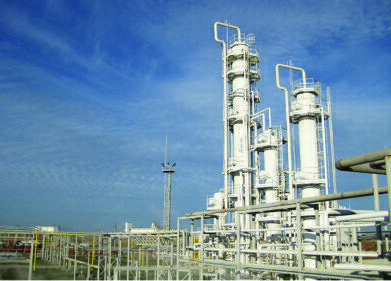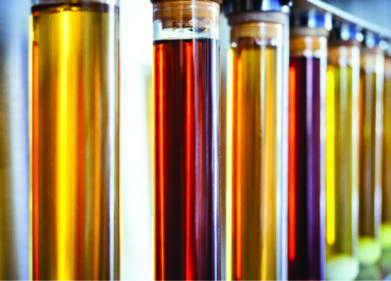-
 The plankton could be used to produce biodiesel
The plankton could be used to produce biodiesel
Biodiesel
Zooplankton Could Help Biodiesel Production
Feb 07 2014
Microbes living within lagoons used for the treatment of wastewater could be a viable feedstock for the manufacture of biodiesels. New research, performed by Stephanie Kring, a Clarkson University doctoral student, has found that zooplankton could serve as a base for biodiesels.
Ms Kring found that aerated wastewater treatment lagoons at Canton, US, contain microbes that can also be found in local lakes and rivers. The planktonic, or free-floating, organisms were found in abundance within the 8.5-acre lagoons, meaning that they could be a good renewable source of food.
"At present, these lagoons are designed solely for wastewater treatment, but if the design could be modified to also serve the purpose of greater biofuel production then we may have found a productive path to satisfying some local needs for useful energy such as biodiesel," said Professor Susan Powers, professor of Sustainable Environmental Systems at Clarkson University and co-investigator on the project.
It was found that the lagoons held a low amount of algae compared to what was expected due to the high levels of nutrients found in the lagoons. The zooplankton were found to be feeding on the algae, resulting in high concentrations of the free-floating organisms.
It was also found that there was a lack of predation within the lagoons, meaning that there were very small amounts of fish present that feed on the zooplankton. This also led to large amounts of the organisms being present in the lagoons.
The zooplankton, according to Ms Kring, could help to extract more of the algae's oil in order to use it in the production of biodiesel. This is because the plankton break the algae apart within their digestive tracts, leading to an accumulation of the algae's oil within their eggs and structures.
It is easy to collect the zooplankton from the water, compared to extracting microscopic algae, as they are much bigger. This means that it will be a cheaper and easier extraction process and will result in a greater amount of oil being made available for the biodiesel.
Digital Edition
PIN 25.1 Feb/March
March 2024
In This Edition Safety - The technology behind the ION Science Tiger XT - Safety with ammonia and LOHCs as hydrogen carriers Analytical Instrumentation - Discussion on new tribology te...
View all digital editions
Events
Apr 30 2024 Birmingham, UK
May 03 2024 Seoul, South Korea
May 05 2024 Seville, Spain
May 06 2024 Riyadh, Saudi Arabia
May 06 2024 Houston, Tx, USA


















